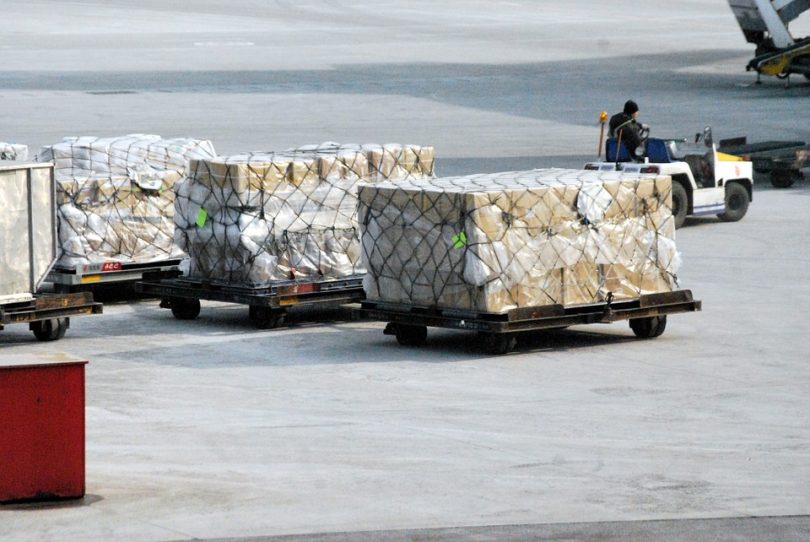Evolving air freight technologies are transforming an industry that moves nearly 7% of the global Gross Domestic Product in the U.S. However, escalating trade wars, industry consolidation, over capacity, and rising consumer expectations are adding tremendous pressure to both freight forwarders and air freight services. These forces are driving air freight technology services adoption to rise by a 17% CAGR, with connection revenues alone rising by 25% from 2018 to 2024, according to global tech market advisory firm, ABI Research.
Technology innovation beyond safety is driven by the need for transparency and integration. Digitizing aviation freight services will improve business processes for slot reservations, goods tracking, online quoting, and digital invoicing. “Beyond analytics and platforms, the international air freight industry will need to redefine the notion of delivery. Emerging opportunities include cold chain enhancements, near real-time visibility, and 30-minute deliveries via Unmanned Aircraft Systems,” says Susan Beardslee, Principal Analyst, Intelligent Transportation & eFreight at ABI Research. “Competitors who do not embrace the evolution and lag behind early adopters will have to face inefficiencies, decreased profits, their partners, and their customers,” Beardslee warns.
Near-term expectations are mixed for the transportation industry in 2019, but increasing air freight traffic is moving to APAC, including Vietnam, Malaysia, Thailand, and Singapore and the long-term outlook is strong. Specialty services will continue to thrive such as Panalpina’s temperature-controlled offerings, IBS Software’s iCargo integrated SaaS platform, Kuehne + Nagel’s Enterprise Visibility tool, and Inseego’s C-Track insights. Expanding freight services include online marketplaces, ground equipment tracking and augmented reality for cargo sizing.
Air freight carriers are intent on becoming closer to their shippers; digitizing and enhancing shipper-to-air carrier direct bookings will become the norm. At the same time, disruptive vendors including Amazon and Alibaba/Cainiao are growing their presence and influence, poised to drive further integration and consolidation. The digital evolution of modern air cargo will include the larger logistics picture from maritime to rail, over the road, and air, as well as connections to smart warehouses to address greater risk mitigation and margin/recurring revenue opportunities. These findings are from ABI Research’s Air Freight Transportation Technology Trends application analysis report. [Source: ABI Research]
Related articles:
- Fully electrical baggage and cargo tow tractor »Sherpa« E (22. Juni 2018)
- Reports: Air Traffic Management performance in Europe and the U.S. (8. April 2019)
- DLR-Projekt UFO: Güter transportieren ohne Piloten (18. Dezember 2017)





